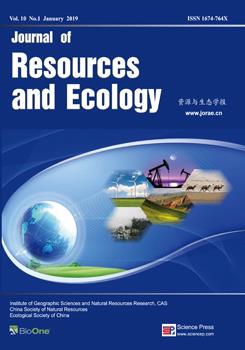Payments for ecosystem services (PES) are one kind of important tool for environmental protection, and have been widely studied by international scholars and conservationists. Based various definitions of PES from recent articles, we have outlined four principles for PES: parity, measurability, additionality and conditionality, and then have used these principles to develop a formula to calculate a standard for PES. Finding a way to use PES to achieve a win-win relationship between economic growth and environmental protection in the Beijing-Tianjin-Hebei Region (BTHR) is a key task for Chinese government. Synergetic development of BTHR has become a national strategy, like The Belt and Road Initiative. This article employed the formula we developed to calculate the net horizontal PES amounts that each provincial government within BTHR should pay. Our findings show that Beijing should have paid 10.44×109 Yuan (0.4% of Beijing's GRP) and Tianjin 16.56×109 Yuan (0.93% of Tianjin's GRP) to Hebei in 2016.
How to translate text using browser tools
1 January 2019
Net Horizontal Payments for Ecosystem Services: An Application in the Beijing-Tianjin-Hebei Region of China
Lin Yongsheng,
Guo Zhixin,
Zheng Yaomin,
Zhang Lirong,
Huang Huabing
ACCESS THE FULL ARTICLE
Coase Theory
incentive
payments for ecosystem services
positive externality






